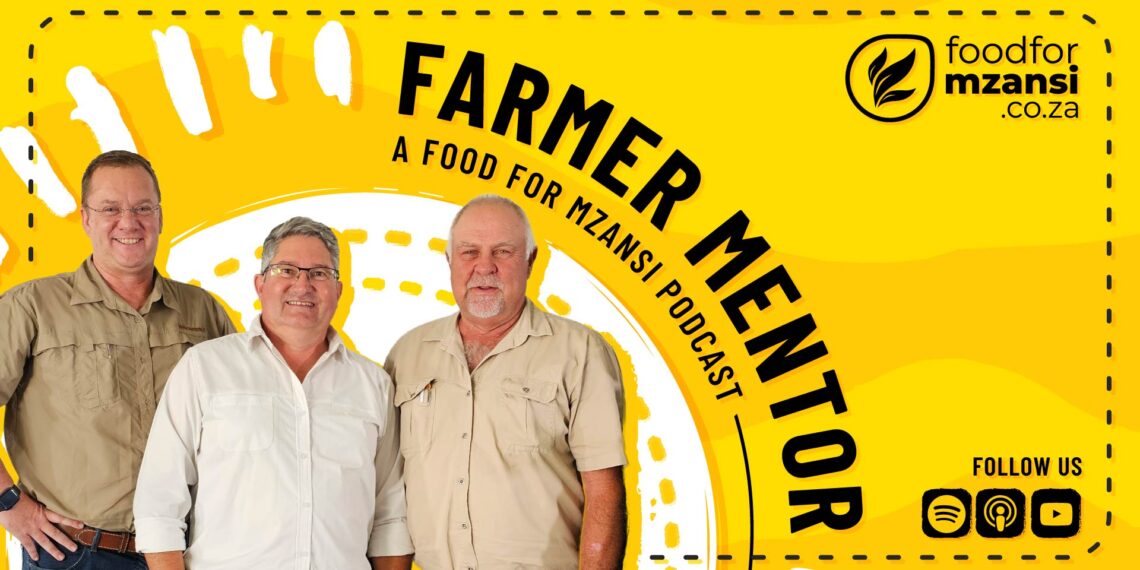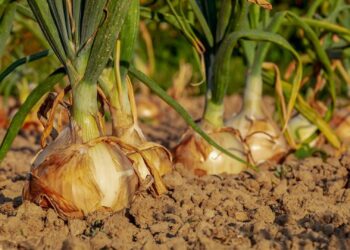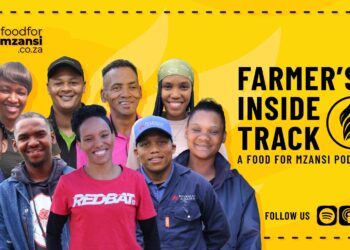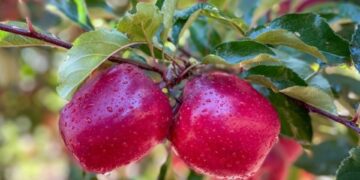Farmers in the Free State are no strangers to challenges, from tough production cycles to crumbling rural roads. Yet, as leaders from Free State Agriculture explain in this episode of the Farmer Mentor series, resilience, innovation, and unity continue to define the province’s farming community.
The Free State agricultural landscape is as diverse as it is challenging. Yet, farmers in the province continue to demonstrate resilience, innovation, and an unwavering commitment to feeding South Africa.
The leadership of Free State Agriculture (FSA), CEO Gernie Botha, president Francois Wilken, and vice president Friedl von Maltitz, discuss the current state of agriculture, the challenges faced, and the province’s vision for the future.
Botha acknowledges that performance across the province is far from uniform. “Although there are areas performing quite well, you will find areas where there are some problems,” Botha shares in a podcast conversation.
Expanding on this, Wilken emphasises that FSA keeps its strategy firmly farmer-centred, even as the sector grows increasingly complex.
“We try to focus mainly on agriculture and the development of agriculture in the Free State on all levels…we come through two very, very challenging years in terms of production. The one year started good and ended bad, and the last one started bad and ended good. And at the moment, there are a lot of challenges, and that is where Free State Agriculture comes in to support our members to go through the ups and downs in the sector.”
Unique agricultural hub
Von Maltitz adds that the diversity of the province shapes the very character of its farmers. According to him, the Free State is a truly unique agricultural hub.
“We can go from the southern Free State, predominantly sheep and wool production, all the way to large cropping areas, focusing on maize, soya beans and sunflowers, and then a lot of mixed farming throughout the province. The diverse nature of agriculture in the Free State produces a farmer who is constantly making plans to bring down costs of production and to survive different cycles.”
Related stories
- Communal grazing worsens FMD outbreak in Free State
- Patience pays: Growing a legacy of trees, family, and business
- Prescribing a farming legacy: EC pharmacist finds his calling
Bad roads and systemic risks
Beyond production, one of the most pressing concerns for farmers is infrastructure, particularly the state of rural gravel roads. Wilken explains the heavy burden this places on farming operations.
“The rural roads, mainly gravel roads, are a very, very big problem in the Free State. Farmers are spending millions on their own just to get their products to markets… For the long term, we want to suggest that the department must look at privatisation of the rural roads,” he says.
Despite these systemic challenges, Von Maltitz believes the farming community’s ability to come together and find solutions sets them apart.
“The most inspiring thing for me is to see how the farmers come together to face some of these challenges and fix it… If you see a farmers’ union or a group of farmers come together… it’s extremely inspiring because it is not their job to fix roads. Here you have a group of people who can organise and work together and solve problems,” Von Maltitz says.
Looking ahead
When asked about the future, Von Maltitz points to optimism rooted in passion and faith. “Farming keeps you close to nature, and that requires a lot of faith sometimes and then passion. That excites me. And if you have those two things, most of the problems…we can try and fix most of the problems.”
Wilken closes with a reminder of the remarkable strength and determination of Free State farmers.
“They are going through tough times at the moment, but I think there’s a light in the tunnel ahead… We have a country where our farmers are some of the most resilient people on the planet. And if we are sure of one thing, it is that we can overcome anything.”
READ NEXT: Global leaders commit to resilient, inclusive food system


















